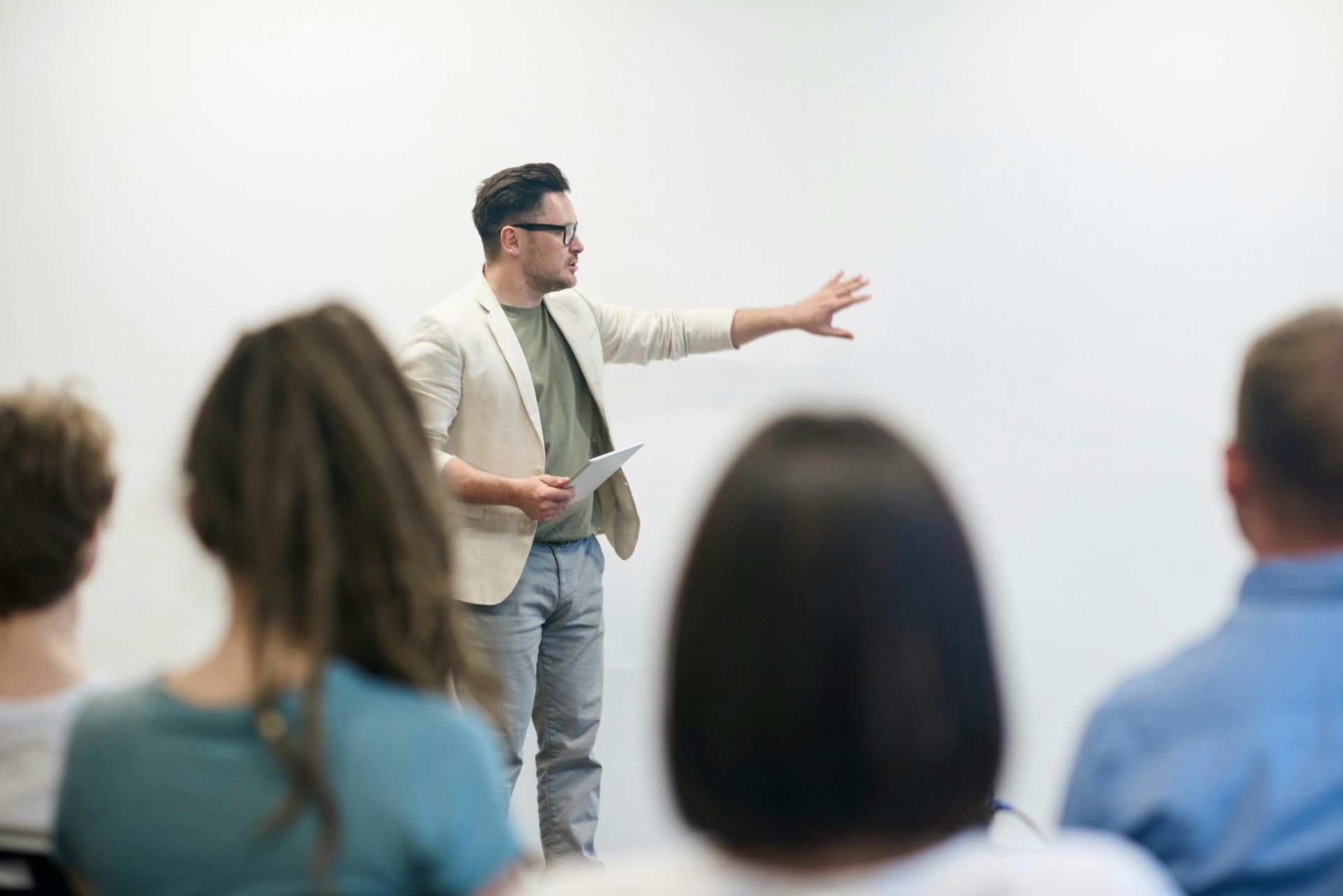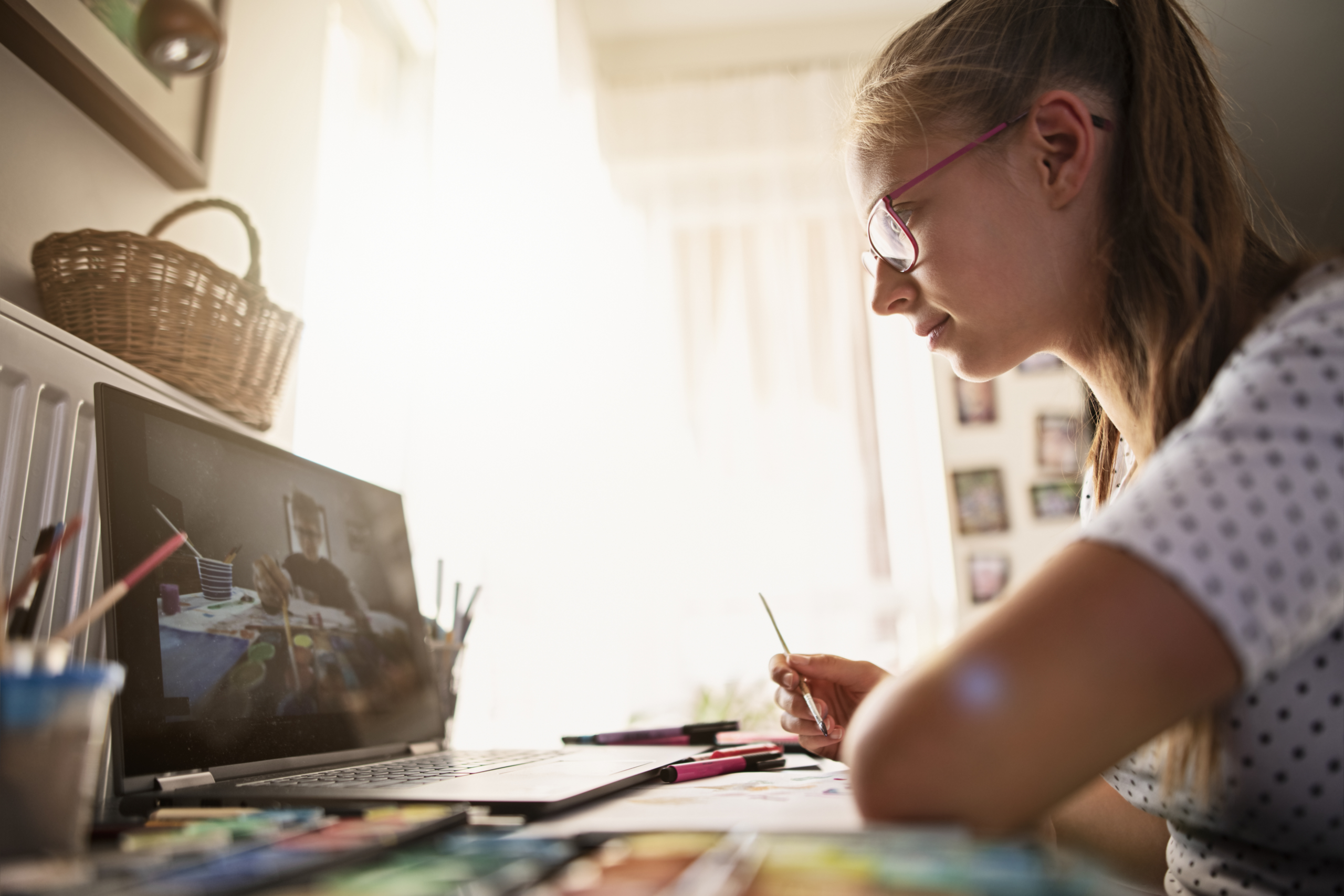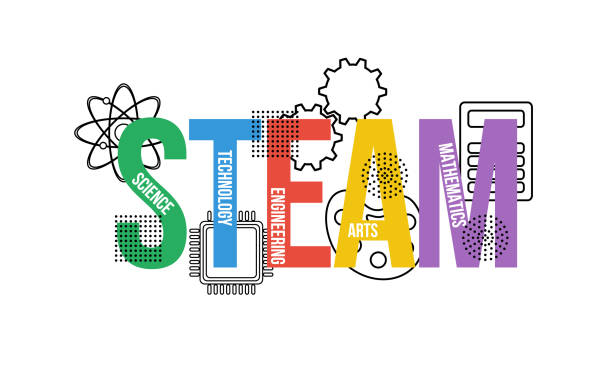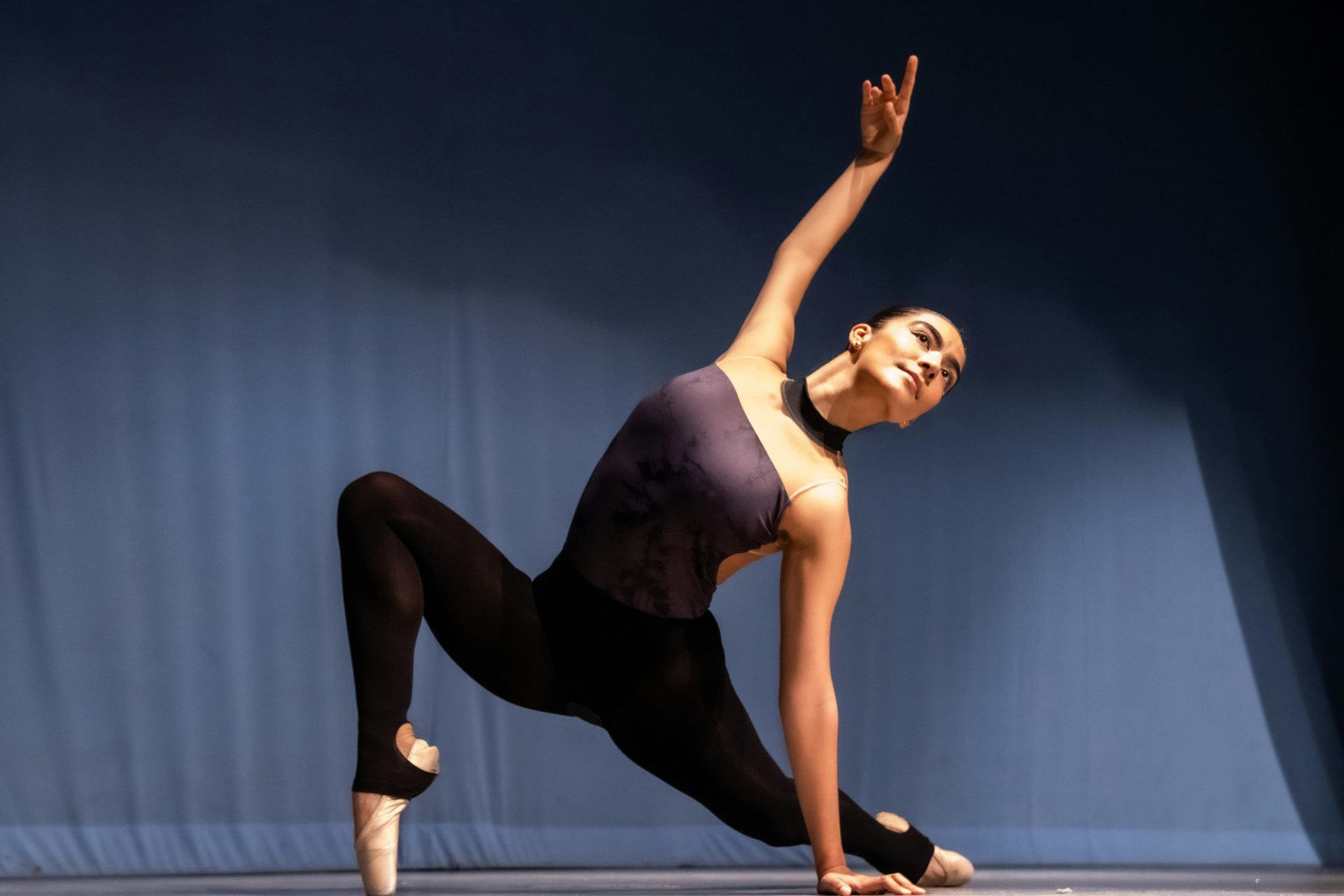

Student Testimonial: UC San Diego Research Scholars
Posted October 19, 2021, 12:00 am by
Priyam Baruah — UC San Diego Research Scholars: Bioengineering
Why did you choose to participate in this program?
Over the years, I’ve expressed my passion for biology by taking as many science classes as possible offered by our school, along with competing in numerous science competitions that have come my way. This year, I wanted to try something new to showcase my passion for biology by engaging in something that was hands-on; hence, I decided to take part in UC San Diego’s Research Scholars Program.
How did you decide which program was right for you?
Within Research Scholars, there were various sub-programs including Life Sciences, Marine Science, Medicine, Design Lab, and Bioengineering. I had grown a strong interest in biotechnology, biomedical science, and the novel methods used to study diseases over the past couple of years, so I decided to choose the bioengineering program.
What was a typical day in your program?
Within the Research Scholars Bioengineering Program, there were three sub programs including 1) Broad Overview and Techniques (BE-BOAT), 2) Bioengineering Research Orientation Workshop (BE-ROW), and 3) Bioengineering Scholar High School Internship Project (BE-SHIP), which I’m currently working on. BE-BOAT was a two-week course I took in June in which we started the day learning about fascinating concepts–some of which included cell growth, bioreactors, and histopathology!
On Fridays, guest lecturers would come in to speak about their profession and the research they were engaged in. These presentations were then followed by breakout room sessions where we would be split up into groups and take part in numerous experiments using the lab equipment shipped to our homes. Some of these experiments included preparing cell media and utilizing microscopes to observe cell growth.
Finally, we would end the day by joining back into the main zoom room to report our findings to our peers. The BE-ROW course was the second sub-program I took in the month of July where we conducted research projects with a group of 3 to 4 people under the guidance of a current researcher. This four-week course was the highlight of my summer as it was an opportunity for me to dive deep into a project of my interest. A typical week involved 1) a lecture series that taught us the different aspects of research, 2) an opportunity for open discussions where each group would present their project progress, and 3) collaboration within a team to develop a focused project.
What was the most memorable moment of your program?
The most memorable part of my time as a Research Scholar was having the opportunity to engage in hands-on experiments despite the virtual nature of the program. Because physically being on campus was not possible due to the pandemic, lab equipment, including pipettes, well plates, and even an entire microscope, were shipped to our homes for us to perform experiments. Additionally, I was able to work with students from places across the country, and even the world, to carry out numerous efforts.
But most importantly, this program provided me with a gateway to strengthen my passion for biology in a way I’ve never experienced before. The life changing experience I had with this program would not have been possible without the efforts of the numerous people who guided us including Prof. Sah, Dr. Chen, Dr. Van Wong, Kaitlyn Strandberg, Nasim Nia, Rongjie Wu, Delaney Donelly, and Arya Suprana.
What advice do you have for teens looking at programs?
My advice for teens is to not be afraid to try something bold and daring. The idea of conducting research might come off as intimidating to some high schoolers since research is essentially the creation of knowledge. As students, we learn to take in knowledge around us, but the application of this knowledge is something that requires a difficult undertaking. Conducting research will come with its roadblocks and mistakes, but my advice is to simply learn from them. It won’t be easy at first, but along the way you’ll start to learn how to critically think and approach problems you find, forming the foundation to your start as a scientist in the real world.
Learn more about the program here, and visit the website today!
Blog Categories
- Career Advice
- College Admissions
- Colleges & Universities
- Financial Aid and Scholarships
- For Counselors
- For Parents
- For Students
- Gap Years
- Mental Health and Wellness
- Online Learning
- Performing and Visual Arts
- STEM Majors and More
- Summer Programs
- Teen Volunteering
- Trade & Vocational Schools
- Tutoring & Test Prep

Organization with listings on TeenLife? Login here
Register for Free
We’re here to help you find your best-fit teen-centered academic and enrichment opportunities.
Forgot Password
"*" indicates required fields








